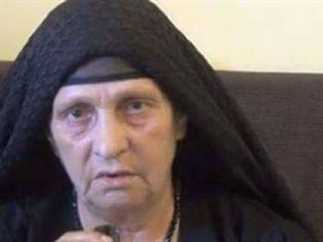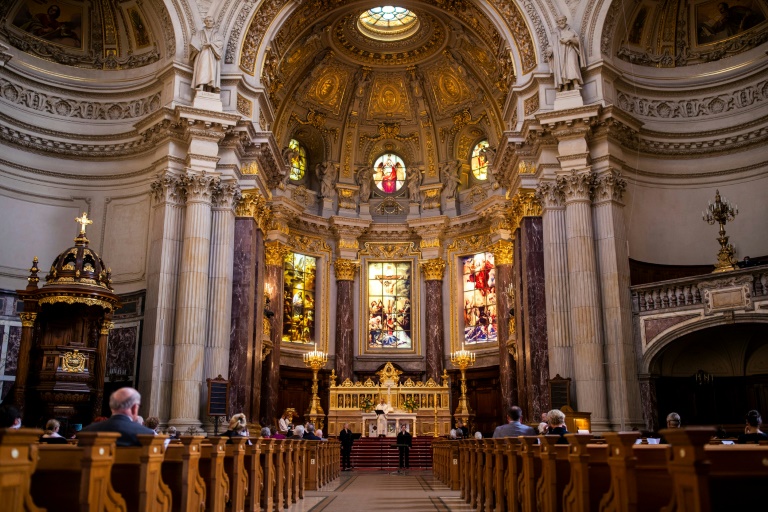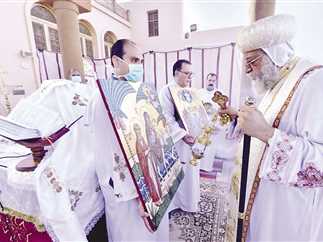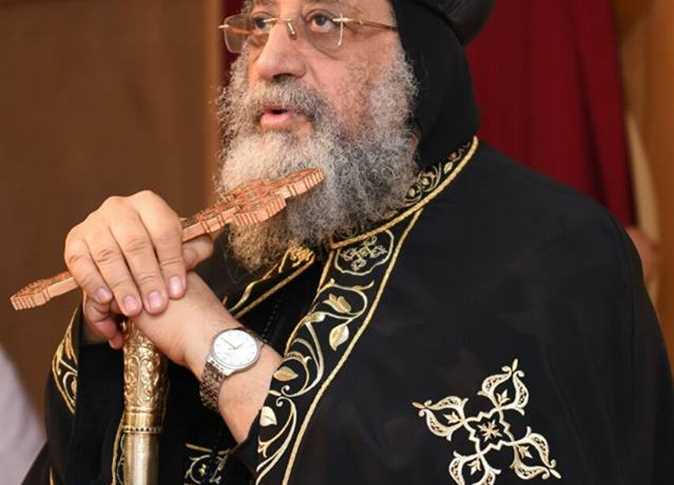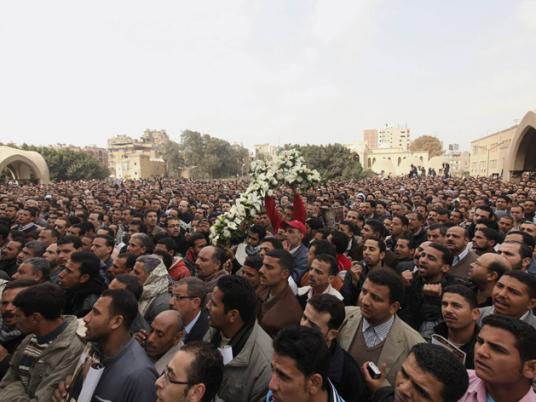
Religious figures and intellectuals are struggling to repudiate accusations against Copts that they were the electoral force behind the rise of former Prime Minister Ahmed Shafiq during the first round of the presidential election.
Preliminary results from governorate electoral committees show Shafiq with 5,404,121 votes or 23.9 percent, following Muslim Brotherhood candidate Mohamed Morsy, who leads the polls with 5,602,547 votes or 24.8 percent.
Some Islamists alleged that most Copts, who make up around 10 percent of the country’s population of about 82 million, voted strongly for Shafiq, a former air force commander and former President Hosni Mubarak’s last prime minster.
Kamal Zakher Moussa, a distinguished Coptic writer, has warned in an article in Egypt’s flagship paper Al-Ahram on Monday against recent statements by some Islamist figures who claimed that Copts voted collectively for Shafiq.
“Hands off Copts,” read the title of Moussa’s article, saying that “the political and media arena is now buzzing with statements by figures affiliated to Islamist political currents, blaming Egyptian Christians for voting for presidential candidate Ahmed Shafiq, which allegedly enabled him to compete in the runoffs, and demand them to apologize for betraying the revolution.”
Copts are the largest religious minority in the Middle East. They say that they face discrimination in many aspects of life, facing restrictions in getting senior bureaucratic posts and also in constructing or even repairing places of worship.
They also say they have been subjected to a surge of sectarian attacks on churches since Mubarak’s overthrow in a popular uprising last year.
Father Francis Farid, undersecretary of the Beni Suef Bishopric, dismissed accusations that the church was biased toward Shafiq as “baseless.”
“The church does not have the ability to instruct its followers to back a specific runner,” Farid told independent daily Al-Shorouk. “Many had voted for Hamdeen Sabbahi, some for Amr Moussa and some supported Morsy.”
Farid attributed the accusations to the frustration resulting from Shafiq’s electoral wins, and stressed that the Beni Suef church maintains good relations with the Muslim Brotherhood’s Freedom and Justice Party, which comprises some Copts among its members.
Christians in Egypt are concentrated in Cairo, Alexandria and some Upper Egyptian provinces.
It is noteworthy that the largest portion of votes won by Shafiq came from the Nile Delta region, which does not contain large Christian electorates.
As for other provinces where Coptic populations are concentrated, such as Cairo and Alexandria, the polls were led by Nasserist runner Hamdeen Sabbahi, while Morsy came first in Minya and Sohag.
Commentators say that it is a mistake to consider Copts as a politically unified electorate, and argue that Christians, like the rest of Egyptians, have their orientations varying according to social, economic and intellectual factors.
Some fear that linking Shafiq’s achievements to Coptic support will revive the state of religious polarization that dominated the referendum on political amendments in March 2011, when observers said that Copts refused the amendments which were supported by Muslims.
Hayat Party chairman Michael Mounir also rejected the accusations against Copts, arguing that religious groups have leveled those accusations to turn the battle toward Christians.
He told Al-Ahram newspaper in statements published Monday that Coptic votes had been scattered among Amr Moussa, who won the backing of senior Coptic figures, including himself, and Sabbahi, who acquired the support of young Christians, as well as Abdel Moneim Abouel Fotouh and Ahmed Shafiq.

